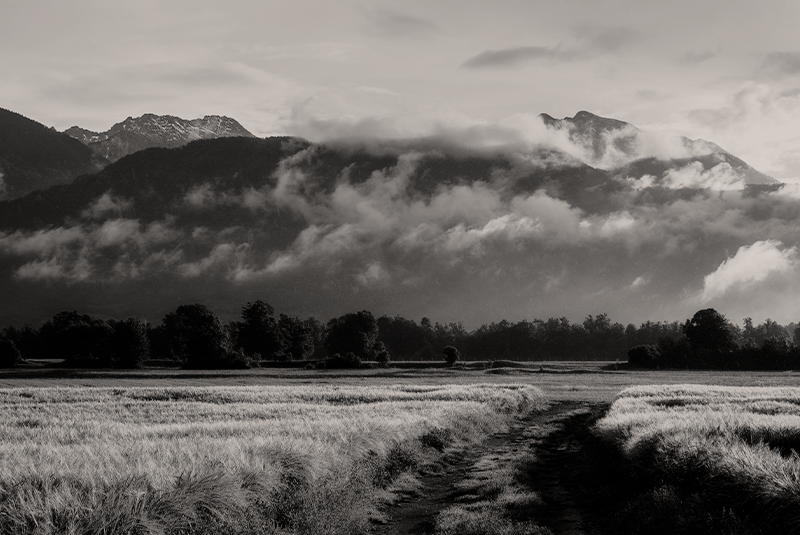First Nation titles free from B.C. foreign tax
This article was originally published in Western Investor, a trusted source for commercial real estate, franchising and business opportunities in Western Canada.
The B.C. government’s recent enactment of a 15% tax on residential purchases by foreign nationals has already had considerable effect on the volume of residential purchases and sales in the lower mainland. Although the long term effect on the price of residential real estate has yet to be determined, there is little doubt that the pace of residential transactions has slowed. As the buying and selling public learns to adjust to this “new normal”, there are still issues which catch people by surprise. One of these is the effect of this 15% tax on transactions involving First Nations land.
Before looking at this specific issue, let’s take a quick look at the tax itself. The legislation introduced a new 15% property transfer tax in addition to the existing 1%, 2% and 3% rates of tax previously in effect. The new tax applies to purchases made by foreign corporations and foreign nationals (persons who are neither Canadian citizens nor permanent residents of Canada). The tax only applies to purchases of residential real property within a “specified area”, which is currently defined as the Greater Vancouver Regional District (GVRD), excluding the treaty lands of the Tsawwassen First Nation. The determination of whether or not the property is residential is made based on the classification of the property for property tax purposes.
The fact that the provisions introduced to the Property Transfer Tax Act specifically exempt the treaty lands of the Tsawwassen First Nation from the application of the new 15% tax naturally raises the question as to whether the 15% tax applies to residential property within other First Nations lands, such as reserve lands.
To answer this question, one first needs to understand how property transfer tax is assessed, and when it is paid. Property transfer tax is a tax payable with respect to “taxable transactions”, which in the case of residential real estate usually mean the transfer of permanent ownership of the land (generally known as a “fee simple” transfer) and the transfer of a long-term lease. In either case, however, the legislation is quite clear that the tax only becomes payable when the transfer is submitted for registration at the provincial land title office. Merely signing a transfer of property does not result in tax being payable, nor is tax payable if the transfer is registered in a non-land titles registry.
In respect of the 15% tax, one further criteria has been added for the imposition of the tax, namely that the taxable transaction must be in respect of residential property located within the boundaries of the GVRD, excepting the treaty lands of the Tsawwassen First Nation.
Do the boundaries of the GVRD include reserve lands? The Province takes the position that they do include specified reserve lands, even though reserve lands are federal lands, and none of the First Nations with reserve lands are members of the GVRD. Accordingly, the Province will impose the tax on reserve land transactions if the other conditions for the imposition of the tax are met (i.e. residential property, non resident purchaser) and the transfer is submitted for registration in the provincial land title office. The latter point is significant as only limited reserve land transactions are handled by the provincial land title office. In other words, the 15% tax will not apply to all reserve lands within the GVRD.
In conclusion, the new 15% tax has no impact on residential transactions occurring on Tsawwassen First Nation treaty lands. But the Province will enforce the tax on residential transactions occurring on First Nations reserve lands within the boundaries of the GVRD, provided the transfers are submitted for registration in the provincial land title office. As the provincial land title office does not handle all reserve land transactions, non-resident buyers would be advised to determine which type of reserve lands they are dealing with prior to finalizing a purchase contract, in order to determine whether or not the 15% additional tax is applicable.

